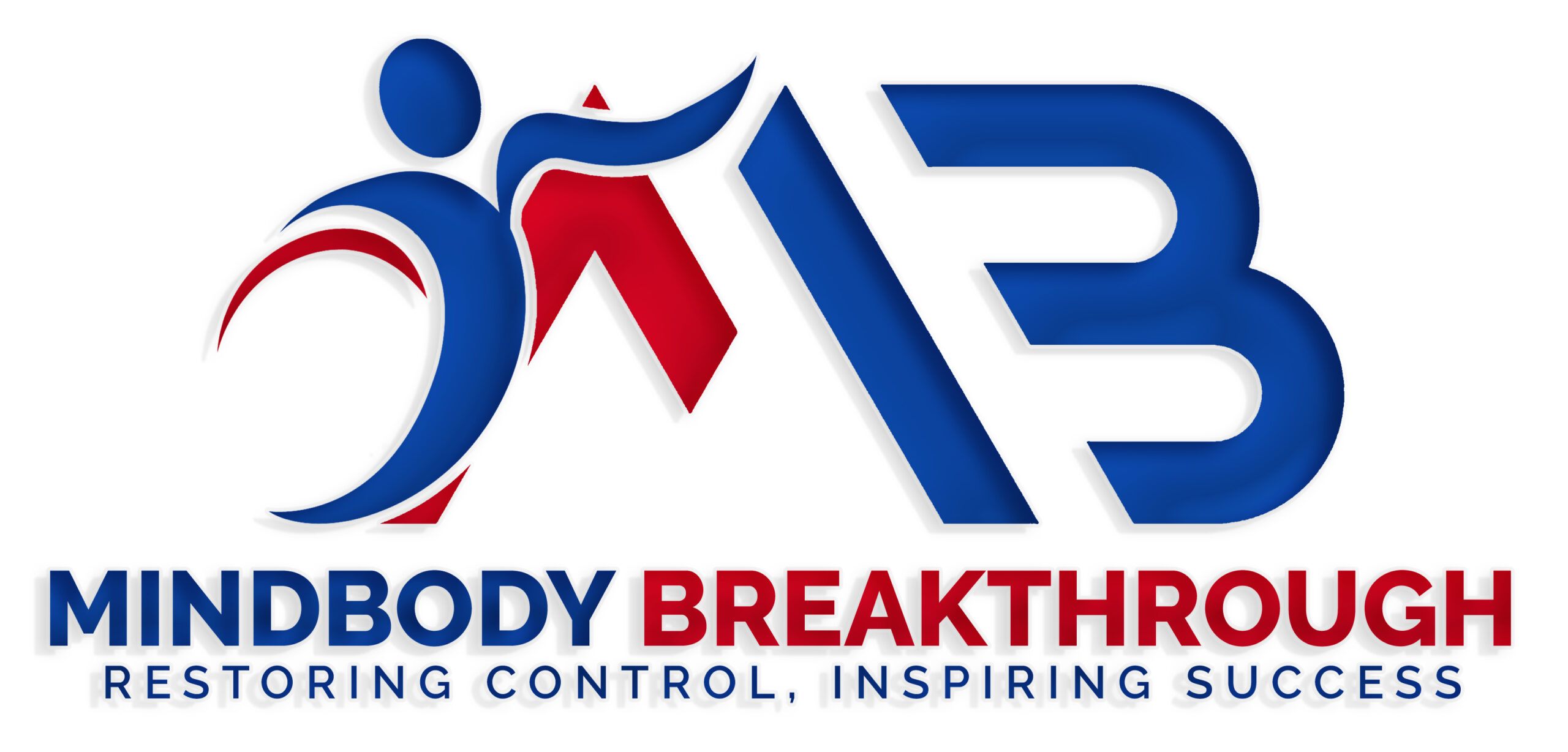The Polyvagal Theory of Survival & Self-Compassion
Like many modern cars that are equipped with an adaptive cruise-control with the capability to know when to cruise, accelerate, slow down or shutdown, the human nervous system contains an inbuilt adaptive mechanism that constantly evaluates risks and safety in your environment to determine whether or not it should cruise, mobilise or immobilise survival energy. In humans, the immobilisation defence system (such as, dissociation, numbness, passing out, frozenness, vasovagal syncope etc.) is as crucial for survival as the mobilisation defence system (such as, hyperarousal, hyper-vigilance, insomnia, panic attacks and anxiety, etc.).
These two systems are designed to enhance your chances for survival when exposed to stressful or traumatic experiences. The neuro-regulation of your survival is hierarchical during stress: first it engages your social engagement system ( facial expression, vocal prosody, etc.) to see if a friendly outcome could be reached. If the social engagement system fails, it fully activates your mobilisation defence system ( fight-or-flight response) to increase your survival rate. If your mobilisation system fails, your body has no option but to activate your immobilisation defence system ( such as, dissociation, shutdown or numbness, deep depressive feelings, passing out, etc.) in order to help you escape the unbearable reality, momentarily limiting the impacts of the inescapable trauma.
Whatever adaptive defensive category you may think your current symptoms fits, what is certain is that your body did the very best possible to keep you alive, even though the aftermath symptoms are overwhelmingly debilitating. Your nervous system tried its best for you. Therefore, your body needs your cooperation, support and self-compassion if you must move through your trauma reactions.
In this clip, I share why self-compassion could be one of the crucial recovery strategies to moving through any of the adaptive survival tactics of the nervous system described above. You can use the Polyvagal theory of survival and self-compassion to your advantage and accelerate your own healing or those of your clients.








